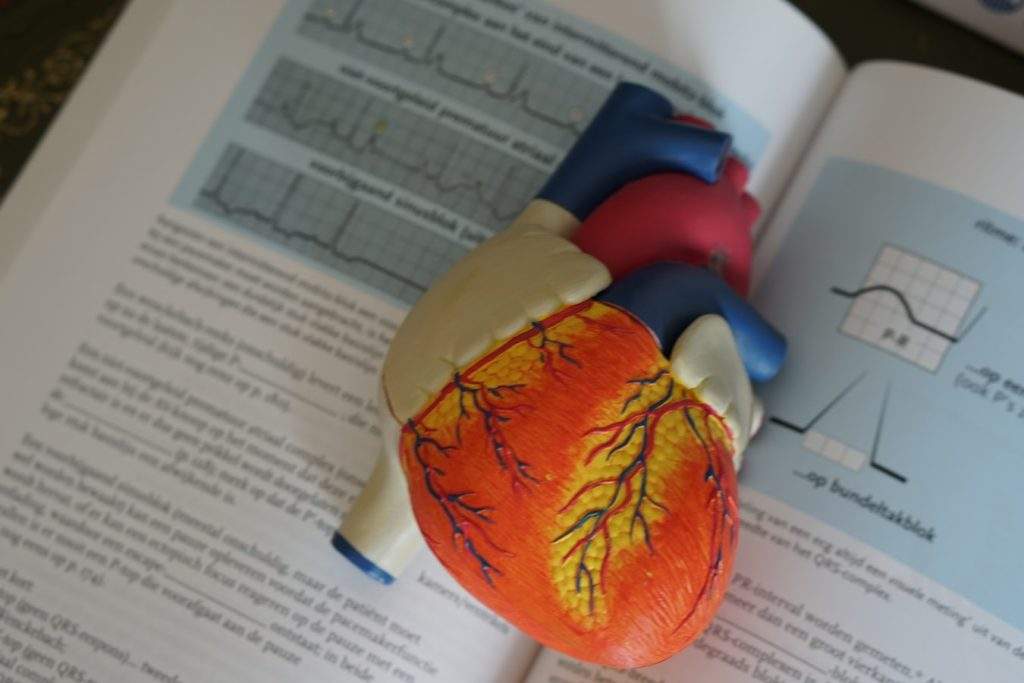

Findings from the EMPA-HEART CardioLink-6 Trial suggest that diabetes medication protects diabetics from heart disease. This research is led by a team from St. Michael’s Hospital in Toronto, Canada. Aside from the hospital the research also has the support of the European Society of Cardiology.
The research was presented at the 2019 ESC Congress and you can access it from the journal Cell Metabolism. Those findings show that empagliflozin decreases the risk of heart disease because it reduces inflammation and repairs blood vessels.
Empagliflozin is a diabetes medication that belongs to the group known as SGLT2 inhibitors. This drug helps lower blood sugar for individuals with Type 2 diabetes. The researchers show that diabetes patients have a lower number of reparation cells in their blood. However, if they take this medication then the number of the reparation cells increases.
Besides this, the research also shows that there is a reduction in oxidative stress and inflammation. This also happens when the patient uses the medication. Both of those factors benefit the patient and this can be true for none diabetics as well.
According to the World Health Organization (WHO), 1.6 million deaths in 2016 have a diabetes-related issue as a cause. Among those issues are different heart-related complications. That is why the findings from this study have the potential to help in the medical treatment of heart failure.
Related Article: tRNA Mutations May Play a Key Role in the Development of Diseases.
https://www.eurekalert.org/pub_releases/2019-08/smh-dms083019.php
